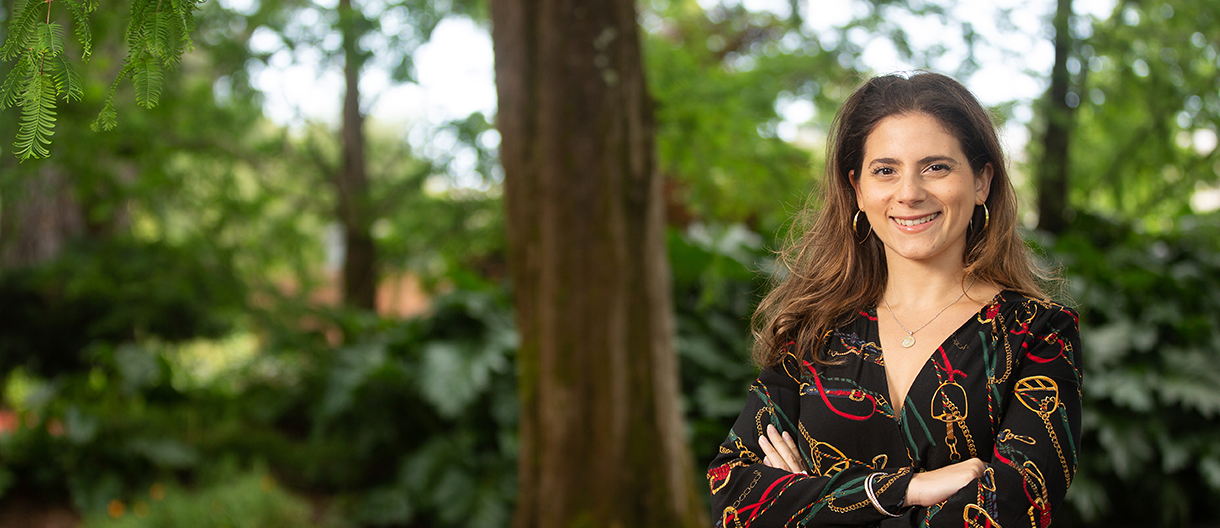
Leadership Talks – Juliana Colangelo, Marketing Wine to the Next Generation
16 March 2022Juliana Colangelo, VP Digital, Colangelo & Partners, an international communication agency specializing in Food, Wine and Spirits, has held a new Leadership Talk with the participants of the Global MBA.
The focus of the speech was the need to understand the challenges of marketing for a new generation of consumers, in order to identify a framework useful in the construction of a structured strategic plan. Colangelo started from the evidence of a specific market, that of the United States, which provides a helpful scenario to understand global movements. In the USA, 45% of Millennials and almost half of Gen Z are not white, women lead in the decision-making process about wine and younger consumers have more and more purchasing power. A target for which values, first of all, transparency, are fundamental, as well as the quality-price ratio and aspects related to health and wellness.
Colangelo then explained how today’s quality wine is very attractive for young people, looking for a more natural lifestyle than in the past. A change that has not gone unnoticed: media give more and more space to young people and wine, while brands’ communication becomes increasingly inclusive and careful to convey the advantages of a good glass of wine. Among these, the most important ones are transparency about ingredients and origin and the fact that wine is lower in sugars and additives than other alcoholic beverages.
And what about purchases? They are increasingly shifting to e-commerce, which in 2021 was still at +146% compared to pre-pandemic numbers. Millennial Americans also rely on digital tools when choosing which wine to buy: social media, through videos and other user-generated content, are key to guiding their choice. The advice of relatives and friends is also important: 98% of Millennials consider this more reliable than what is stated by brands. Wine producers’ websites and apps dedicated to wines are also more and more appreciated.
Not surprisingly, against this backdrop, businesses in the sector are choosing to invest in digital channels: 90.7% of US companies say they use social media, while 79.3% actively use an e-commerce channel. In 2021, 52.5% of companies in the sector have increased the budget allocated to marketing, while 42% have revamped their digital systems, using external consultants (28.7%) or hiring an internal resource (24.6%).
As marketing consultants in a sector that is evolving so rapidly, it is essential to build a strategic plan that integrates Paid, Earned, Shared, and Owned Media, according to a model that aims to enhance content and give it space, while building trust and reputation in the world of wine lovers. In this perspective, also building a solid community around the brand can be the key to success. To do so, according to Colangelo, it is necessary to work on values and to promote sustainable marketing and a more inclusive wine culture, involving users through authentic and quality content.
Juliana Colangelo concluded her speech by explaining how if on one hand it is true that there is not only one way to build a wine brand, on the other hand, it is possible to observe that all successful brands use a combination of communication tools and a model such as the one analyzed. Tools that guarantee results when they are consistently managed and through constant work of optimization. Because in marketing, not just in wine marketing, there are no magic formulas: positive feedbacks come with time, they are built through users’ trust and with the constant effort in generating content. Because if it is true that the new digital media can offer the advantage of an almost continuous interaction in a hyper-connected world, it is also true that competition is fierce and only time allows to test and optimize the perfect mix for each brand.
